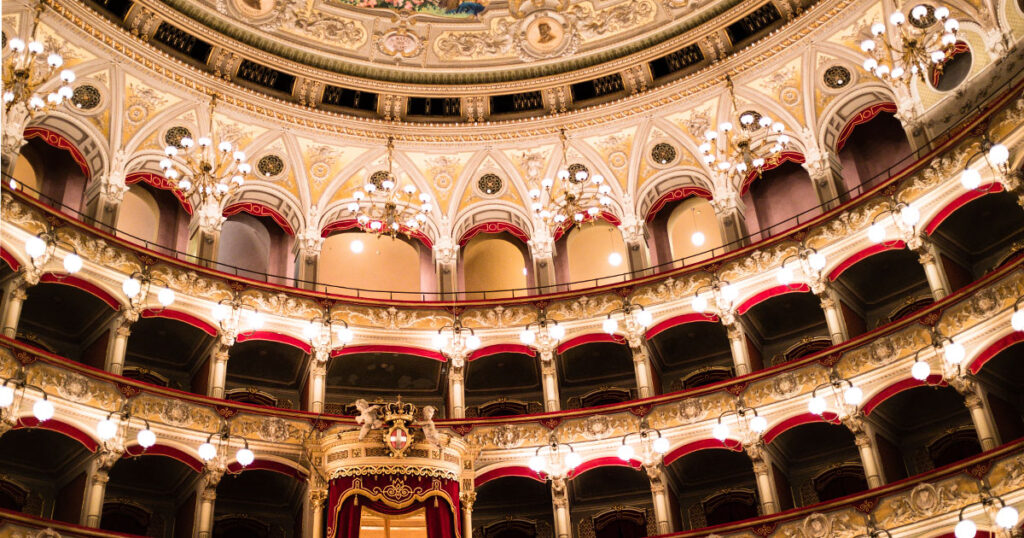
The challenge for the composer of operas today is to find a collaborator with the skills necessary to create a compelling libretto. Two hundred years ago, there were poets who specialized in writing theatrical verse, especially for the prestigious medium of opera. Today, there is no living literary tradition of writing libretti. Nor is there much expertise among managers of opera companies in evaluating texts beyond checking that they deliver the bare theatrical essentials.
The questions a composer asks today would never have occurred to Giuseppe Verdi or Richard Wagner. Should the libretto be in prose or verse? Is poetry still the right medium for opera? Wouldn’t prose be a more direct and natural medium? What sort of writer brings more to the project—the poet or the playwright? Poets of our time have little experience in writing for the stage or composing lyrics for music. Playwrights understand dramatic structure and characterization, but they lack experience in the extreme compression and lyric language opera requires. Contemporary non-musical theater is all prose; the plots are mostly talk-driven with little onstage action. Much of the drama is not even in the dialogue but in the subtext, the important things that go unsaid. Opera requires a greater degree of direct emotion and visible action.
A common mistake of contemporary composers has been to set prose plays to music. They take the script and cut it down to a fraction of its original size. Too often, the results are familiar plots and naturalistic language submerged in atmospheric background music. There is too much dialogue, and there are too few powerful lyric moments. A fabulous play is no guarantee of a compelling opera. The pacing and procedures of spoken theater have little relation to the spell casting and lyric abandon required of opera. André Previn’s A Streetcar Named Desire (1995), for example, meanders through hours of musical conversation while the audience waits for the real singing to begin. The score is tasteful, intelligent, and lifeless. Mina Loy said, “Poetry is prose bewitched.” Enchantment is also the goal of opera, and it is naïve to assume that the composer brings all of the magic.
Login to view the full article
Need to register?
Already a subscriber through The American Scholar?
Are you a Phi Beta Kappa sustaining member?
Register here
Want to subscribe?
Print subscribers get access to our entire website Subscribe here
You can also just subscribe to our website for $9.99. Subscribe here
true


